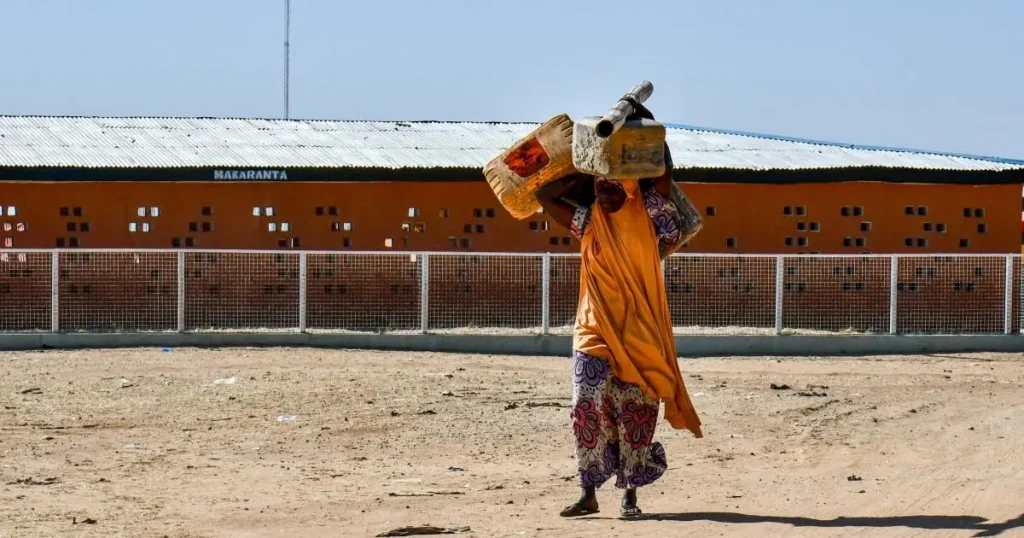Thousands of Nigerians who fled to Chad over a decade ago to escape insurgency in the country’s northeast have begun returning home, a relief agency spokesman told AFP on Wednesday.
According to Abdullahi Ibrahim Umar, spokesman for the Borno State Emergency Management Agency, around 3,600 refugees arrived in Maiduguri, the regional capital, aboard trucks from the Chadian town of Baga Sola, where they had been living since 2014.
“We have received more than 3,600 returnees from Chad since Monday, with the largest batch arriving yesterday (Tuesday),” Umar told AFP.
The repatriation is being carried out in coordination with the Borno State government and Chad following a repatriation agreement signed last week in Chad’s Lac province.
The United Nations High Commission for Refugees (UNHCR) emphasised that all returns would be voluntary and conducted “in a manner that upholds their fundamental rights and dignity.”
Under the agreement, a total of 7,790 refugees who have expressed a willingness to return will be repatriated, Umar said.
Borno State authorities have set up a temporary camp to accommodate the returnees before they are sent back to their communities after undergoing screening.
“Their stay in the camp is only for a short period as the government will resettle them in their respective homes as soon as the necessary processes are completed,” Umar explained.

For many returnees, the journey back home is filled with both relief and apprehension.
“I’m happy I’m returning to my home 11 years after I was forced to leave,” Abdullahi Sani Dansalama told AFP at the Gubio camp in Maiduguri, where he is currently staying.
Dansalama, who fled his home in the fishing town of Doron Baga on the shores of Lake Chad, acknowledged lingering security risks but remained hopeful.
“We know there are still some security challenges, but we are willing to return and rebuild our lives because there is no place like home.”
Since 2009, jihadist violence in northeastern Nigeria has claimed at least 40,000 lives and displaced around two million people, forcing many into makeshift camps or across borders into neighbouring countries.
According to a 2024 UNHCR report, over 342,000 Nigerians who fled terror attacks took refuge in Chad, Niger, and Cameroon, with Niger hosting the largest share at approximately 200,000.
Although military efforts have significantly reduced terror attacks, sporadic raids and assaults on military bases continue.
In response, Borno State authorities have shut down most displacement camps, resettling people in their hometowns despite ongoing security concerns.


